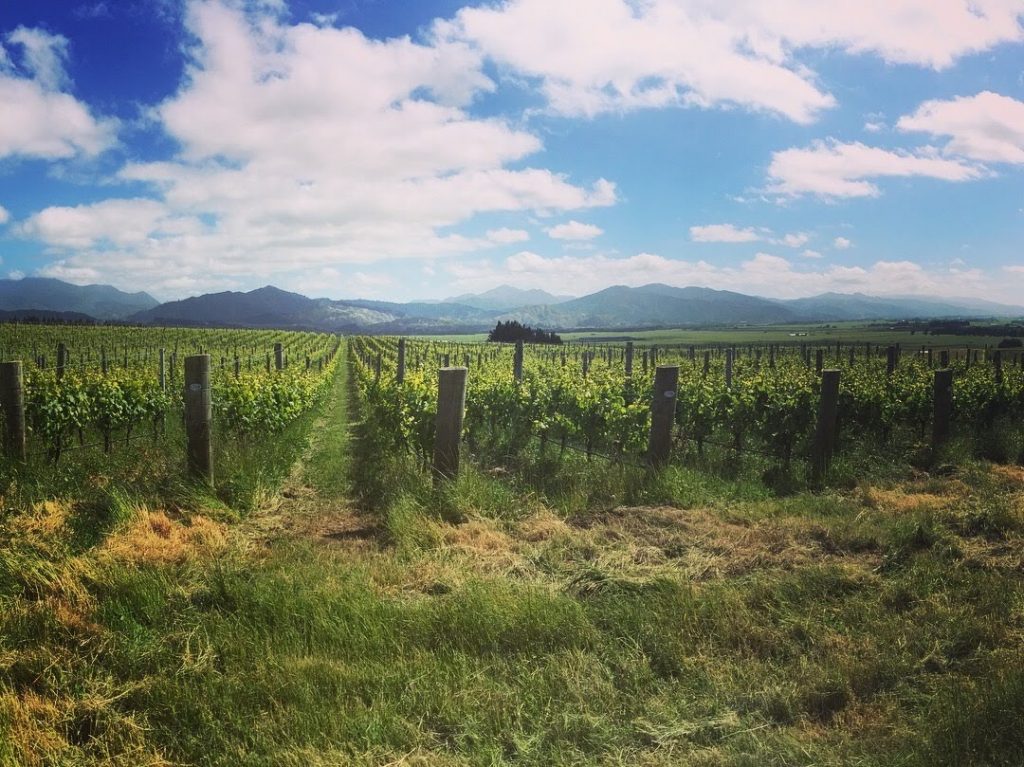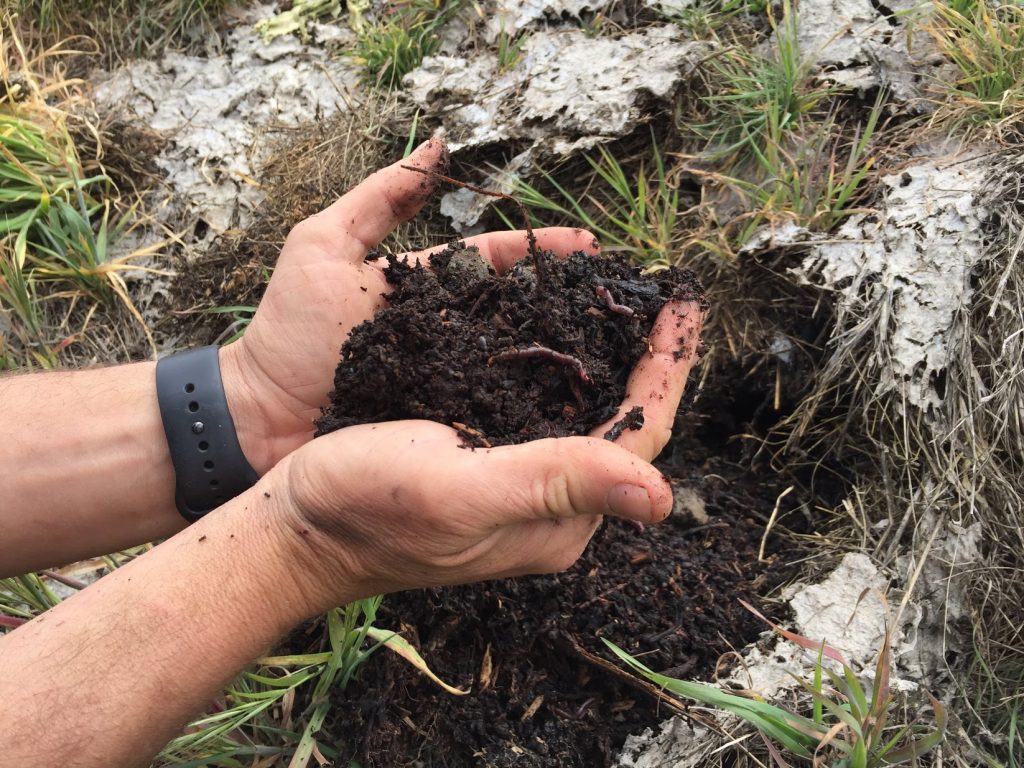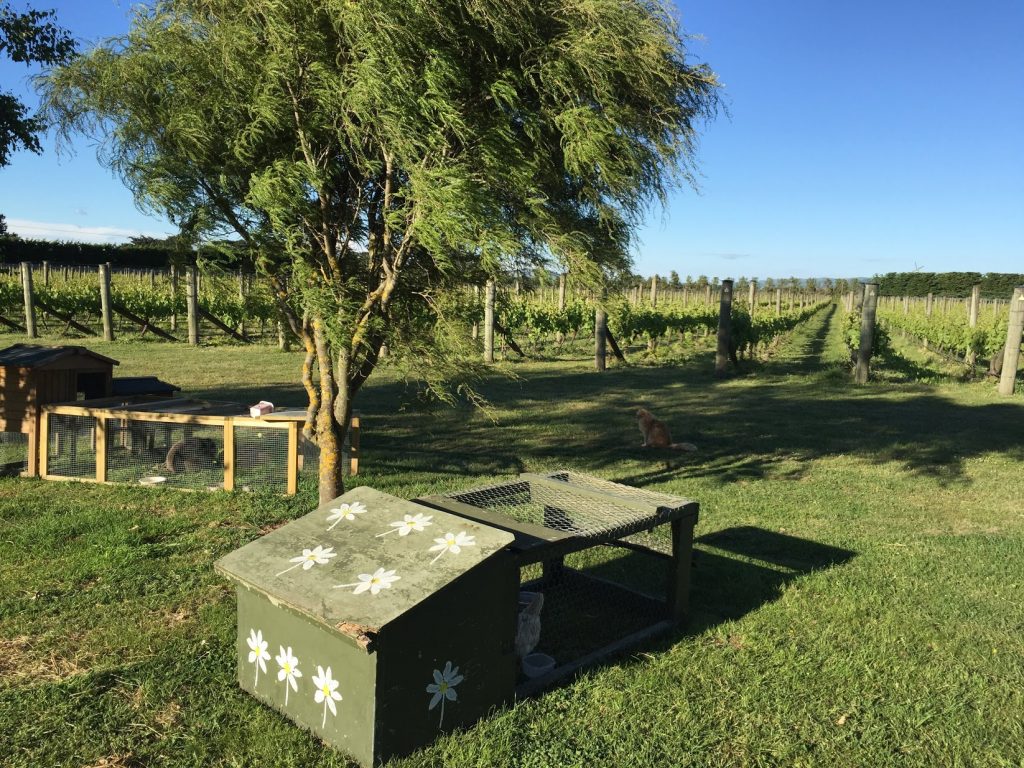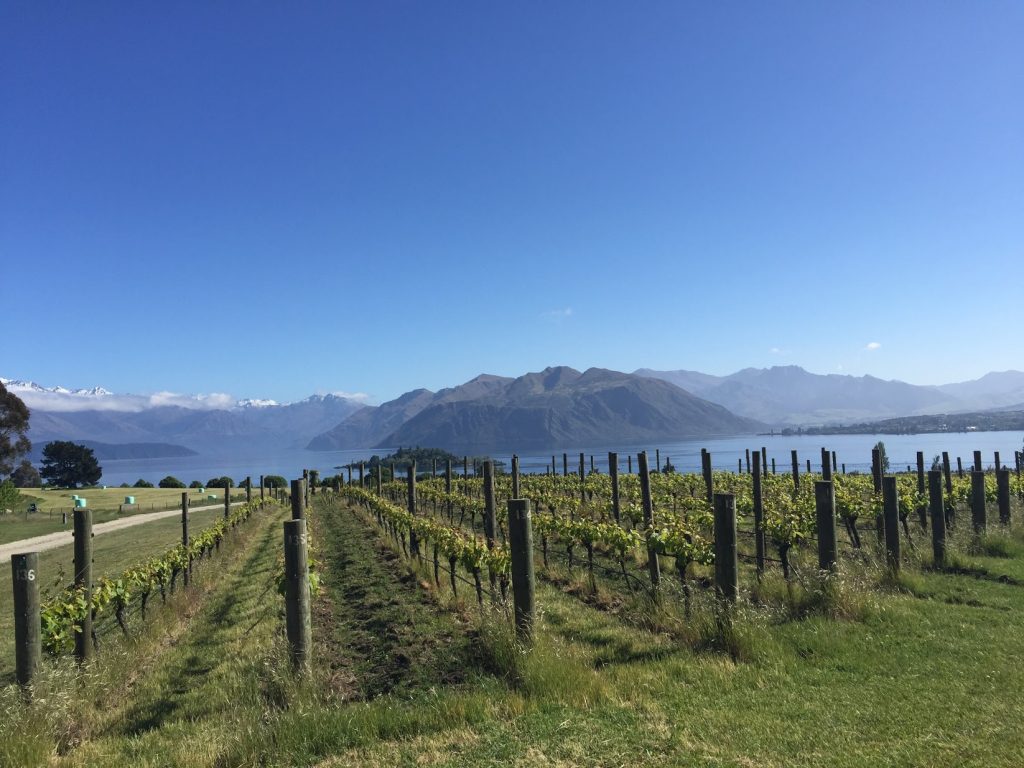Read Part One here!

Is it easier to practice natural winemaking practices in certain wine regions as opposed to other more challenging areas?
You can make natural wine anywhere. But it always comes back to farming. The most exciting region for natural wine is the Loire – so many BD and organic producers operating in a marginal climate where it is so difficult to work without chemical spraying. Conversely, Provence, for example, and certain parts of Italy, there is almost no commitment to organic farming and almost no natural wine being made as a result. So, that’s the paradox, the regions where it is climatically easiest to make natural wines, are the often the ones with the least natural wine culture!
What draws people to natural wines? What are their key selling points?
Provenance, singularity, flawed beauty, the story behind the grower and the wine, purity, wholesomeness, deliciousness, surprise, mutability. And value for money – they are real products – you can’t put a value on something truly original. Well, you can try! For me, it’s the excitement of not knowing and putting your trust in the wine and being transported by aromas and flavours that could only come from a specific place.
Some consumers buy natural wine because they deem them to be healthier products – no additives, low-no sulphites.
Who are the biggest consumers of natural wines, and how do most people come to discover natural wines, since they are not widely available and often only found in urban centers?
People between 20–45, the generation that grew up without the classical certainties, who don’t pay attention to critics, to medals and marks. The generation that shops and buys locally; that travels; the Instagram generation. People who want to consume additive-free produce. Their first contact would normally be wine bars and restaurants, then specialist retailers, then the wine fairs in which the public are allowed to attend.
Do you have tips for those drinkers/buyers who agree with the ethics, but don’t love the aesthetic?
I would question what they think they are tasting and fundamentally question how they perceive wines as a product. And encourage them to taste in an open-minded, open-hearted, humble way. Never put your ideas and your ego ahead of the wine. People should not drink natural wine as a penitent puts on a hair shirt, to parade their ethical worth, but to derive pleasure.
Would you say there is a difference between the aesthetic of natural wine and the ethics of natural wine? Can you have one without the other?
Ethics and aesthetics are intertwined. For me, ethics in wine revolves around sustainability and respect and trying to produce a wine that is true to the land. Aesthetics, in this case, is recognizing this inherent quality in the wines, rather than making a critical judgement based on what pleases the taste of certain commentators.

How much of the wine industry’s overall sales does natural or low intervention wine comprise? Are there specific demographics or customer personas that they appeal to more? Do you think the sales numbers match the buzz generated by Instagram sommeliers and the wine media’s coverage of the natural wine debate?
Well, we don’t have a specific definition for natural wine, so there are no means of measuring sales. We can make certain qualifications – identify all the natural producers, add up their production and assume that that production is being constantly consumed. However, there are so many variables. Easier to say glibly that sales are exponential and that the audience is widening. In the UK, Les Caves was the first company to import the wines in meaningful numbers (early 2000s); there were no natural wine bars or restaurants or retailers at the time. Now there are 30 + specialist natural wine companies, myriad wine bars, two huge natural wine fairs (Real Wine and RAW) plus a host of natural-themed local events. The wines are omnipresent – we find them in local pubs and Michelin *** – which suggests they are part of our wine culture rather than niche products.
In your educated opinion, do you think the natural wine movement is partially rooted in a backlash to the prevailing tastemakers and homogenization of tastes through Parkerization etc?
There is – and certainly was – an element of that. If you were to look at the underlying reasons why natural wine developed it was through the growers and the wine fairs. Lapierre, Breton, Augereau were some of the key names associated with these early days of natural wine. With the growers it developed alongside the culture of organics and BD, and sense of moving away from the oenology that was instructed vignerons to make wines that tasted homogenous.
Many vignerons were self-evidently not enjoying the wines they were making and the change to natural winemaking (in the vineyard and the winery) was a conscious decision. As for consumers, there is a mixture of not wanting to buy mass produced or branded products, the certain counter-cultural feeling that one finds in a new generation. I was told once that wine was basically “a product for a commercial purpose”. That is quite a dispiriting sentiment. For me natural wine is wine for its purpose, it does not exist to be judged, but to be drunk and enjoyed.
PAST:
Can you talk a bit about the growth of natural wine in the past 5-10 years both in the number of producers and the public popularity?
I can’t put exact figures on it, but there is a natural wine scene, be it large or small, in most wine producing countries. We work with around 130 growers whose production I would classify as natural. I would reckon 500-600 growers’ wines are available in the UK and presumably there are producers yet to be shipped here.
There are natural wine fairs – dozens – all over the world now. 30 years ago, there was only La Dive – a few friends who got together.
There are specialist natural wine retailers – all over the world and natural wine hotspots is so major cities run by enthusiasts. The natural wine explosion has gone hand in hand with the growth of craft beer, craft gin etc
The wine industry will be worth around 420 billion dollars by 2023 (it is forecast by one report). I estimate the global natural wine market – just a feeling – is well over a billion now. There is no way of knowing. I can extrapolate our own experiences and analyse our sales and demand for certain wines.

TODAY:
Do you think there is a need for definition/labeling standards of natural wines? Why or why not?
No – a label tells you nothing of what’s in the bottle. I don’t think the term natural should be used on labels, although it is perfectly acceptable in friendly conversation! Better to say what the wine is, where it comes from and how it is made than to come up with an artificial designation. It is fine to say sans sulfites. And some growers do include some tech details – no reason why not.
Do you think the new natural wines certification in France is justified? Was there a need for a certification of this category?
I am not in favour. In the end it becomes a political cabal. But if it works for the growers involved why not. I just think the INAO and appellation bodies are now busted in terms of their credibility. These growers don’t need that recognition and it looks like they are trying to exclude others who might claim the natural tag.
Do you think this certification will extend to other countries?
I doubt it. We have innumerable organic certifying bodies already. If anything, it may fragment or need to be changed. Natural vignerons have rebelled against the notion of standardisation, but psychologically want to be part of a group of likeminded growers. Whether the code that unites the growers is a strict or a loose one, whether it is administered by the growers themselves or vetted by an external body, is up to the people who choose to belong that group.
Lots of discussion about France’s natural wine labelling laws. In the wine world, it has largely been seen as a good thing. For folks who have been in the natural wine industry for a long time, is this seen to “legitimize” natural wine somewhat? Furthermore, does it need to be “legitimized”?
It is to protect the word, not the practice. It creates the kind of bureaucracy that some growers would prefer to avoid. Natural wine does not need legitimising. Also, a charter of action is not a charter of quality or a charter of terroir. This has come to France recently, although there have attempts to codify before, Italy has the TRIPLE A charter, but then it also had a political and theological split between the major natural wine groups.
Should natural wines be listed under a different category in a wine list / placed on a different rack in wine shops?
It depends on the layout of the list. Perhaps it is easier in a shop to group a certain style of wines together in a section so that the interested party can gravitate there without having to wade through everything. I always believe that wine lists should be configured by style, but the spectrum of natural wine styles is so wide that they cannot be accommodated in one category. But if you want to make it stand out on a list you can as long as you define the terms of engagement.
Should nutritional information be provided on the back of a wine label (similar to food) or on the wine producer’s website at least? Why the need to inform the consumer of ‘things not added’ to wine as opposed to ‘things added’?
There is an onus on growers to prove that they have not added SO2 and that the total is below. But there are 50, 70, 100 chemicals even and manipulative processes that can be used in winemaking that do not have to be declared. I think we are looking at it the wrong way – why should there be additives in wine, and why is the burden of proof on natural vignerons to show that their wines do not contain such additives?
Do you have any insight into how long-time producers of natural wine (eg those from the Loire) feel about newcomers to the ‘genre’?
Depends on the region. Friendly and supportive in the Loire on the whole, for example. I would venture that some of the older generation who are on the biodynamic wing are less pleased about natural wines – Joly, Angeli in Loire; Chapoutier in Rhone, various Alsace producers. The BD producers seem to view natty wine producers as taking shortcuts, focusing on the no-intervention approach in the winery rather than cultivating and exalting the primacy of terroir. Most domaines go from father/mother to son/daughter. Methods change according to generation and personality. In some regions a producer who starts working organically or biodynamically is practically regarded as a witch! The appellations though regard natural producers as loose cannons. Their individuality stands as an affront to the message of style that they are trying to convey. The movie Natural Resistance was a case study in this.
Do you think that there is a correlation between Covid-19 and an increased focus on natural wines? Are consumer looking towards more natural products as a result of Covid-19?
I would like to believe so. But these consumers would be eating out normally; now they are sourcing their preferred wines from the merchant or retailer. It is an opportunity to taste new things perhaps and to buy wines from passionate importers who have something to say about the wines.
As a consequence of Covid 19, do you see potential for Natural Wine, since there is a chance that people realises that we need to change our behaviour and take care better care of our planet? Both from a consumer and producer perspective.
I don’t know – it’s a good question. In my opinion, sustainability is the most important thing in the world. This involves not just cutting down our impact on the environment but actively helping the planet to heal from its manmade wounds. Responsive and responsible farming is part of the solution as well as reducing our consumption. I would prefer travel to be reduced or rationed, for wastage to be eliminated and recycling to take priority and for smaller shops and businesses being supported with our entire economic model, one based on expansion, to be changed to one predicated on sustainable behaviours. Will governments learn the lesson and remodel towards a green economy? I wish. But just as most of us went into lockdown and socially distanced for the good of the community as well as ourselves, now with an extra license we are seeing the return of more selfish individualistic behaviours. As consumers our choices increasingly define who we are, and as consumers who care about the future of the planet, we need to make ethical choices and persuade others to do likewise.
FUTURE:
What is the future for the natural wine movement?
It’s in a healthy state. Climate change will affect all winemakers though and the ability (and energy) to adapt to changing circumstance will be a key quality. As a movement its health is that it is not a defined movement with specific parameters, but a fluid progression. If you like it is defined by the actions of the vignerons rather than the commentariat. Unlike the casual trend, it has put down roots in the places where the wines are made and in the gastronomic communities where they are consumed. It is a true democracy without leaders or heroes (the heroes are the wines).

How do you see the natural wine market developing over the next ten years, and what challenges do you think it will face?
More and more wines will be made in more natural vein as people demand greater authenticity and place a higher value on artisan handcrafted products. One has to remember how widely the scene has expanded in such a brief period of time.
Should there be a tasting panel signing off on natural wines to prevent faulty wines sold in the market?
No. Quality control should be done by the grower and the importer. If the wine is faulty the distributor won’t want to sell it. Nor will the vigneron want it to be sold. Tasting panels are not the solution. They are notoriously biased (there are numerous examples of export licenses being refused for so called “atypical wines” from Australia and South Africa), for example.
Will natural wines evolve past a niche market? What is the market potential for natural wines? Will they always remain niche? Production volumes are low and it’s a hand-sell due to the need to explanation. Do you see that changing?
They already have. On the other hand, natural wines are the result of small production. They are associated with artisan growers rather than big companies. Supermarkets may get someone to create a token natural wine for them, but it is more a gesture than a commercial proposition.
Well, the wines have been around for 10 years- 20 tops. The hand sell requirement is true of all wine surely. When you go to a wine bar that sells natural wines you know what you are doing. Hand selling is the name of the game; we should be communicating on the wines. The bottle and the label are not going to tell us how the wine tastes.
Is there any future for Natural Wine-making in traditional wine regions such as Bordeaux, Burgundy, Champagne etc. If not, what are the constraints that would make this not possible?
Each region has its own particular profile. Bordeaux – I can see a handful of small growers working in that way, but the big estates will continue to make wines to a style for critical marks. Burgundy is different. Plenty of growers are working in that fashion, their small vineyards conducive to biodynamic methods. Champagne is slightly different in that the vast majority of wine is made from purchased grapes and the product is highly manipulated, using yeasts and plenty of process. There are some countries where natural wine has not caught on — Argentina and New Zealand, for example — and there is raft of reasons why this is the case. You will find natural wines where vignerons have a deep attachment to their vineyards. Then they make the transition to low-intervention winemaking. They form a community with likeminded vignerons, exchange ideas, drink each other’s wines. Someone opens a natural wine bar, so they can drink these wines in a convivial place and also try natural wines from producers elsewhere in the world. And suddenly you have a small natural wine culture.


Hello Greg,
I wanted to let you know how much I enjoyed the webinar you participated in with Serhat back in June. I appreciated how pragmatic you are about Natural Wine and how enthusiastic you are about it. The webinar and this blog helped me with my D6 Research paper on Natural Wine for the WSET Diploma Program. I achieved a great result of Pass with Merit.
Thank you so much for your help.